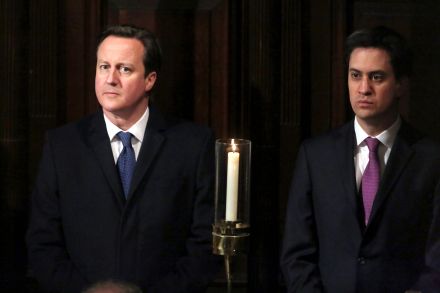Tories to shut up about immigration and talk about the economy instead
There is a simple political test for the autumn statement, does it make the economy Topic A again? The Tories’ election strategy relies on the economy being the dominant issue of the campaign. If it is not, it is very hard to see how Cameron and co can win. The Tories want everything to be seen through the prism of the economy. Hence Osborne’s emphasis this morning that he can only put an extra £2 billion into the NHS because the economy is strong. In recent months, immigration has supplanted the economy as voters’ top concern. This has been to Ukip—and not the Tories—benefit. This is why Cameron’s



















